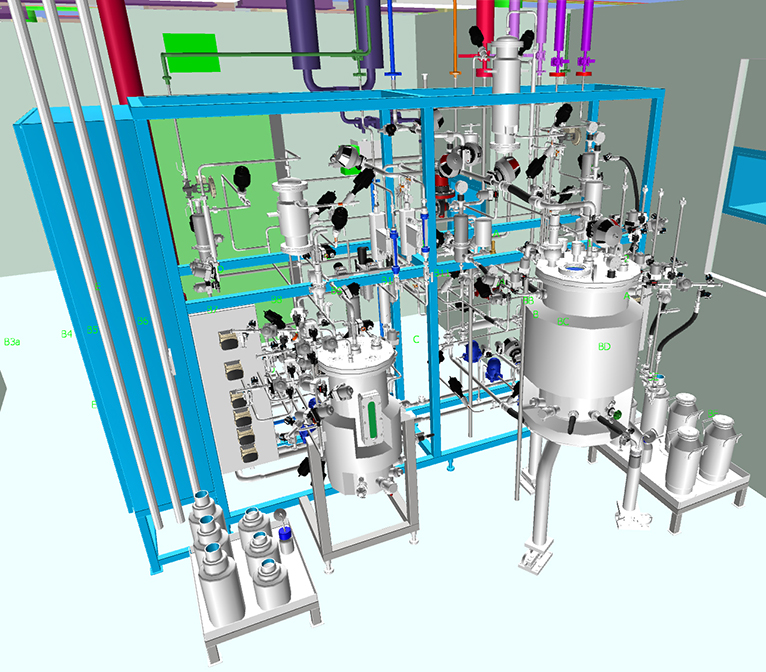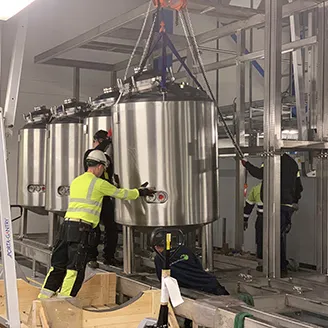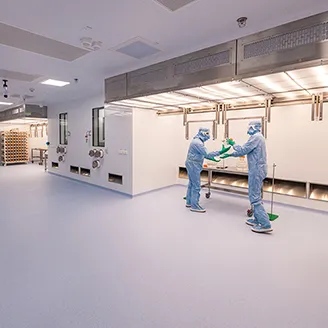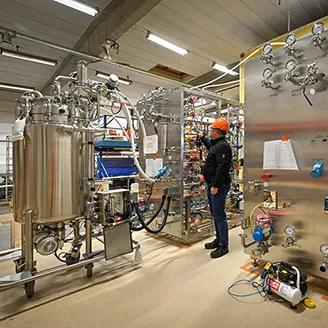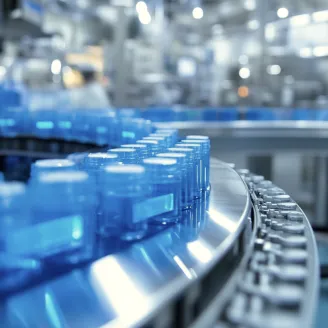Pharmaceutical Process Design
End-to-end Expertise in Process Engineering
End-to-end Expertise in Process Engineering
At KeyPlants, we bring decades of experience in pharmaceutical process design to help pharmaceutical and biotech companies develop, optimize, and scale their production processes. From initial concept to full-scale production, we offer engineering services that ensure efficiency, compliance, and long-term success.
Process Engineering Expertise
Process Simulation & Modeling
Optimizing process efficiency & performance
Capacity Analysis
Evaluating system capabilities to ensure optimal production capacity and scalability
Process Flow Diagram (PFD) Development
Visual illustrations of process flows
Piping & Instrumentation Diagram (P&ID) Development
Detailed schematic designs for process piping and instrumentations
Technical Specifications
Defining critical parameters for equipment, utilities, and process systems
Functional Specifications
Outlining system functionalities and operational requirements
Automation & Control Systems
Implementing smart automation solutions to optimize process control, ensure data integrity, and enhance efficiency
Procurement Support
Support vendor selection and procurement of process equipment, utility systems and materials
We Support a Wide Range of Industries, Including:
- Pharmaceuticals – From small-molecule API synthesis to drug product manufacturing and packaging.
- Biotechnology – Expertise in bioprocessing and cell culture systems as well as final formulation and filling.
- Chemical Processing – Specialized solutions for hazardous and high-containment environments.
- Food & Nutrition – Process development and optimization for safe, high-quality production.
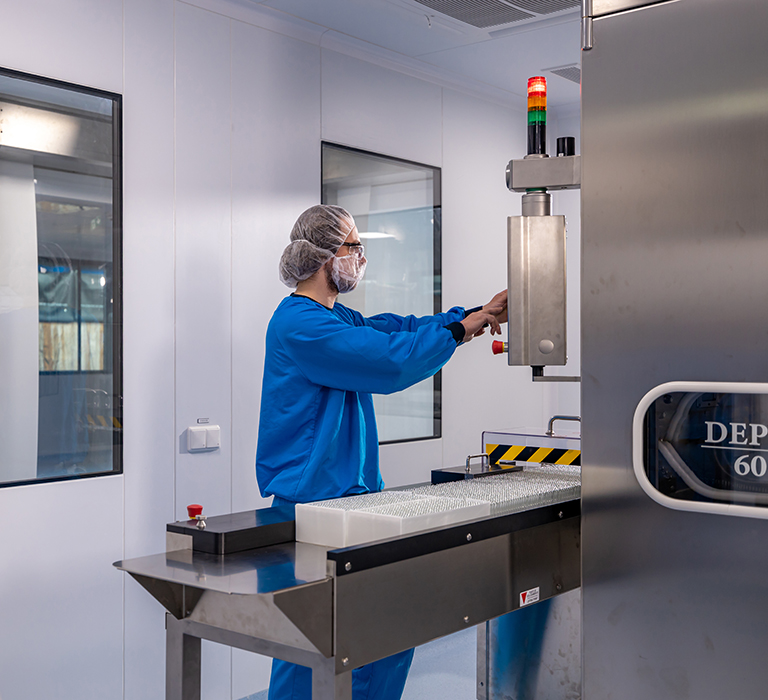
Our Team Helps Clients at All stages of Development, Including:
- Process scale-up – Moving from lab-scale to full-scale production.
- Debottlenecking & yield improvement – Increasing efficiency without disrupting operations.
- Automation integration – Smart solutions that improve reliability and throughput.

Customized Solutions For a Variety of Complex Pharmaceutical Processes:
- Containment Systems – Ensuring operator and environmental safety for high-potency APIs.
- Freeze-Drying (Lyophilization) – Advanced systems for drug preservation.
- Inhalation & Powder Processing – Dry-powder formulations and handling.
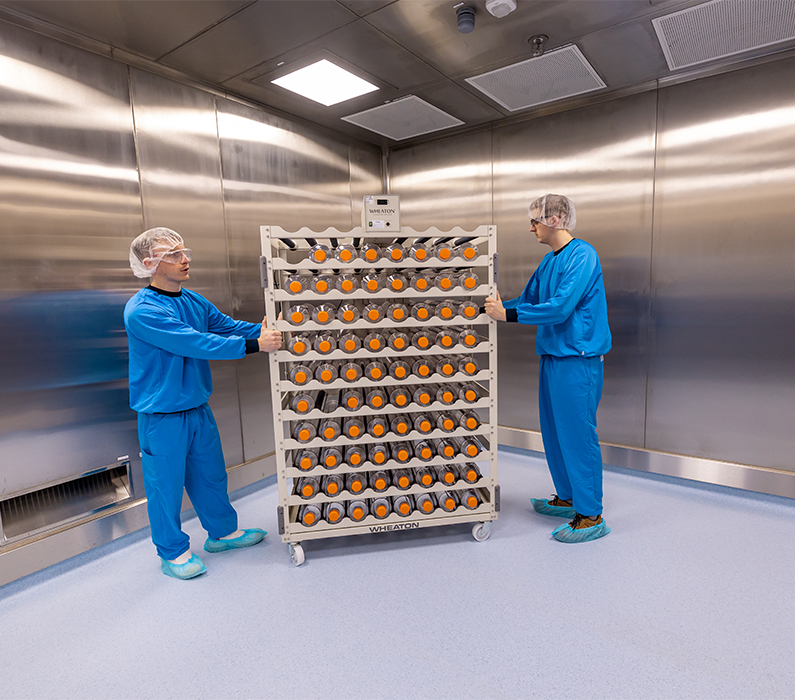
Case studies: Proven Success in Process Engineering
FAQ
FAQ
What is pharmaceutical process design, and why is it important?
Pharmaceutical process design refers to the planning and development of efficient, compliant, and scalable production workflows for drug manufacturing. When designing facilities it's important to start with the manufacturing process in mind.
How does pharmaceutical engineering process design support GMP compliance?
A well-structured pharmaceutical engineering process design integrates Good Manufacturing Practice (GMP) standards from the outset. This includes precise control over critical process parameters, validated equipment, and automation solutions to minimize variability, enhance product quality, and meet stringent regulatory requirements.
What are the key components of biopharmaceutical process engineering?
Biopharmaceutical process engineering covers upstream and downstream production stages, including cell culture, fermentation, purification, and final formulation. It focuses on optimizing process efficiency, ensuring sterility, and maintaining scalability to support biologic drug production.
How can modular facility solutions improve pharmaceutical process design?
Modular facilities allow for flexible and scalable pharmaceutical process design, reducing construction timelines and offering greater adaptability to changing production demands. KeyPlants specializes in modular engineering, enabling clients to expand or repurpose manufacturing capabilities efficiently.
What are the benefits of integrating automation in pharmaceutical engineering process design?
Automation enhances process consistency, reduces human error, and improves data integrity in pharmaceutical engineering process design. Advanced monitoring and control systems ensure real-time tracking, facilitating predictive maintenance, increased efficiency, and seamless regulatory compliance.

